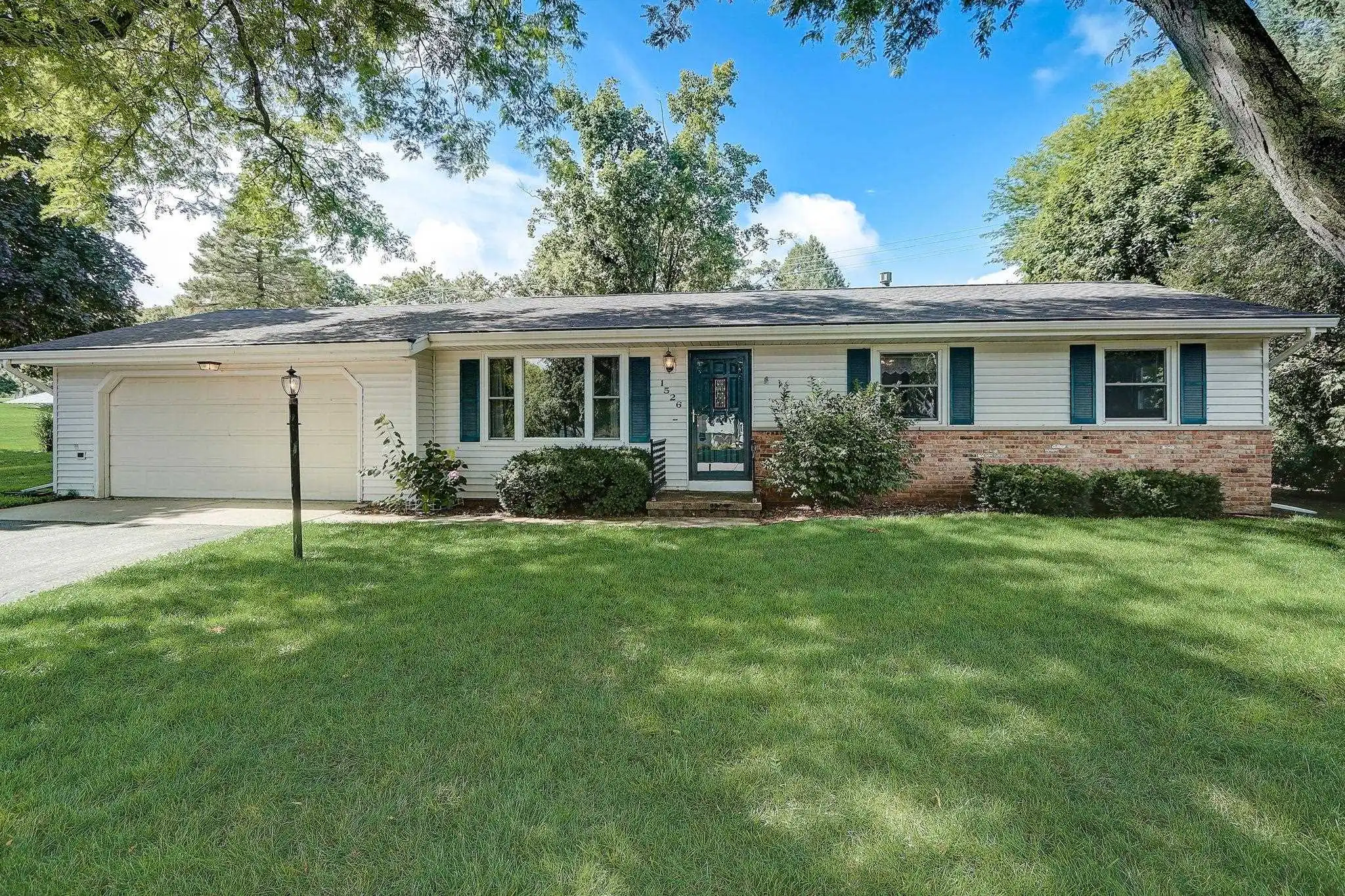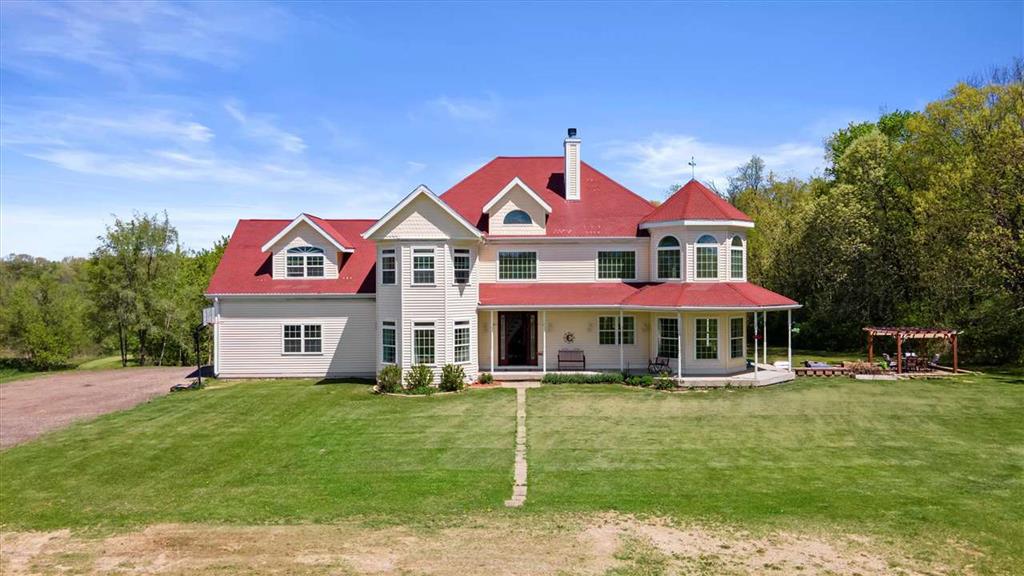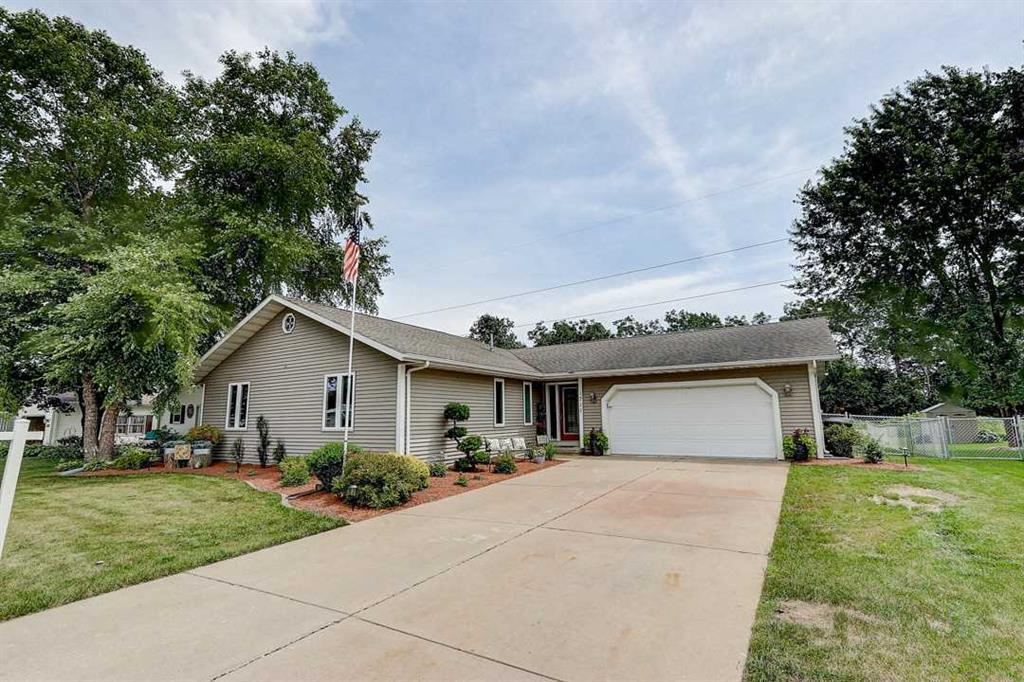Let’s Explore Your Selling Options. We'll help you sell your home at the price and terms you want. Free Selling Strategy Call
How do seller rent-backs benefit buyers and sellers in this market?
Seller rent-backs (formally known as ‘post-close occupancies’) have been around for a while; they’re an arrangement when the seller continues living in the home that’s been sold and which the buyer now owns. They can last anywhere from one to 60 days if the buyer is purchasing the home as their primary residence. That said, this time frame can be limited by the buyer’s financing. If the buyer is purchasing the home as an investment property, the rent-back can last as long as needed.
Rent-backs benefit sellers in that they give them more time to get their future housing plans in order. We’re seeing a lot more of this type of situation lately. For example, if a homeowner needs to sell their current home and purchase a new one, they may need the proceeds of the first sale to complete the second one. In our market, 60 days isn’t a very long time, but it can make a difference. If the seller’s closing date is close by and they just need a few extra days to get their affairs in order, the rent-back would only last a few days.
Rent-backs benefit buyers when they have a lease that doesn’t end for a while or they have some flexibility in their timeline. This way, they can have the seller stay longer and pay rent. However, in our current market, it’s not uncommon for buyers to offer free rent-backs to sellers. They’re looking for any opportunity to make their offers stand out from the crowd. In less competitive markets of the past, a typical rent-back amount would be prorated per day according to the buyer’s daily carrying costs.
What are the risks of a rent-back? The risk for a buyer is that their seller may not move out in time. This can obviously be a challenge if they’ve selected a certain day to move in. Other than that, though, the risks for both sides are minimal. My team and I have a specific addendum we use to document the terms of a rent-back period. Typically, a security deposit is held in escrow while the rent-back takes place. It’s also important that both parties document the condition of the property so that if there are any questions, they have something to refer back to.
As always, if you have questions about this or any real estate topic, don’t hesitate to reach out to me. I’m happy to help.
-
Let’s Explore Your Selling Options. We'll help you sell your home at the price and terms you want. Free Selling Strategy Call
-
Free Home Value Estimate. Know the value of your property for a cash offer or traditional listing. Request My Value
-
Free Madison Real Estate Newsletter. Get our latest Q&A, insights, and market updates to make smarter decisions. Subscribe Now







